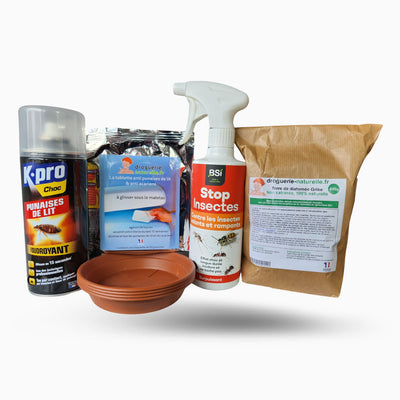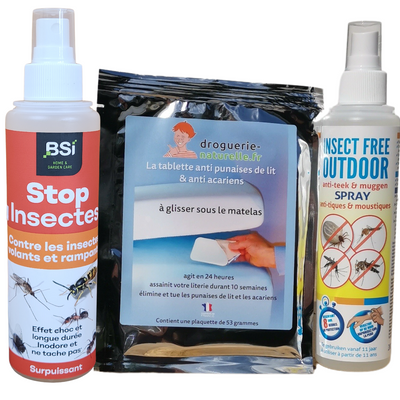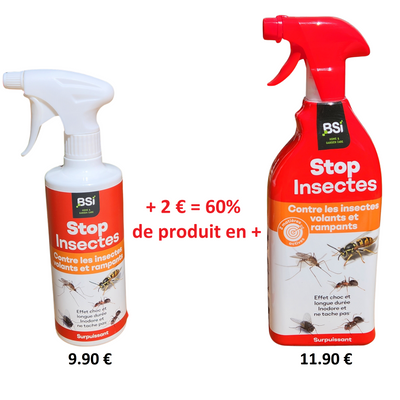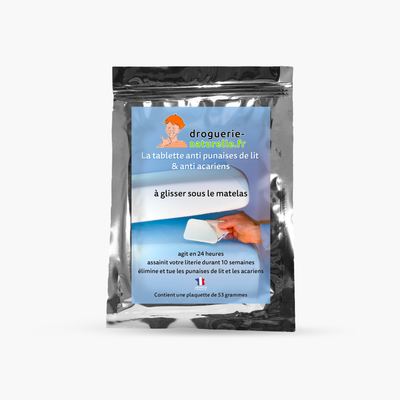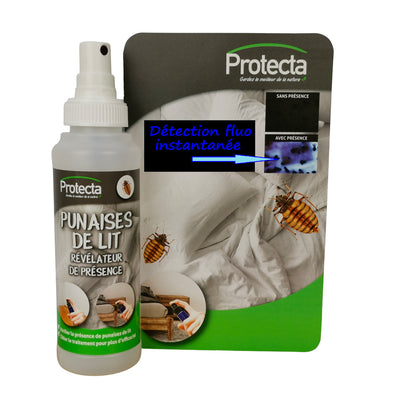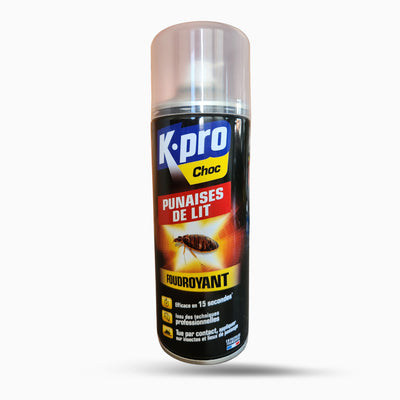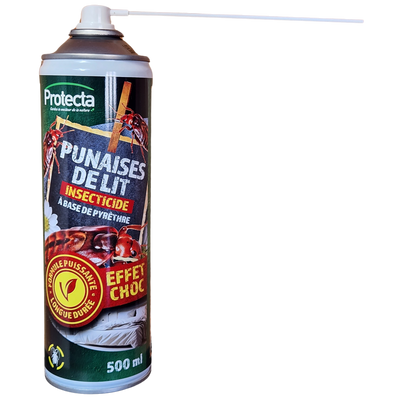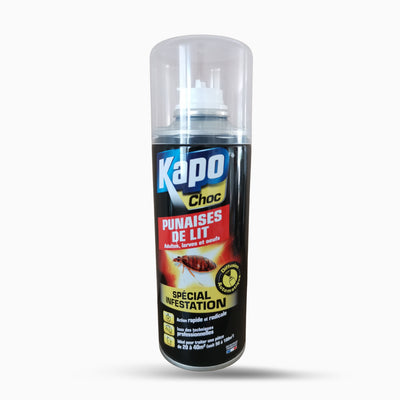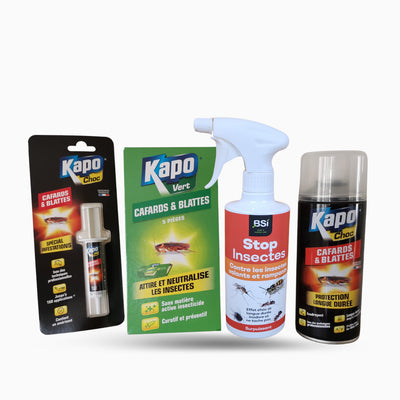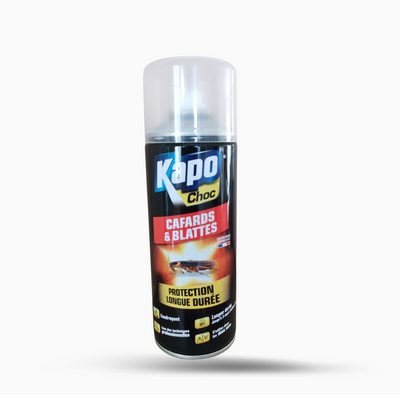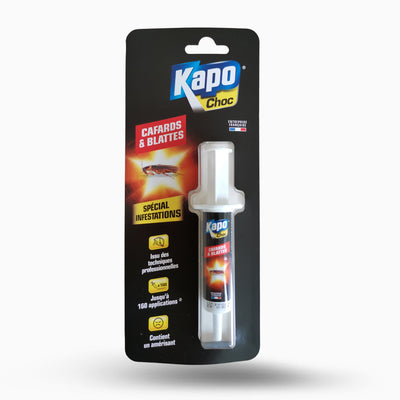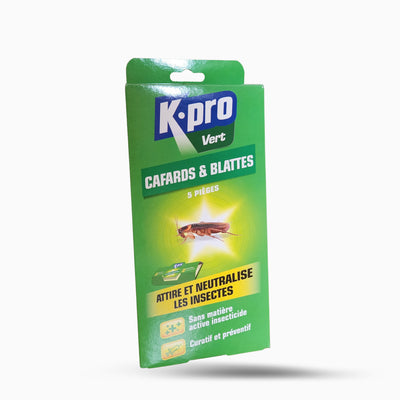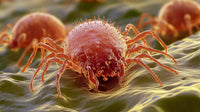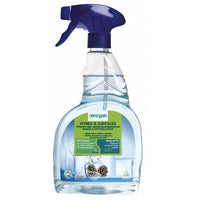Good to know
The water consumption of a good dishwasher is less than ten liters to wash the dishes of fourteen guests , while the water flow rate of a tap is twelve to fifteen liters per minute.
The electrical consumption of a dishwasher (like that of a washing machine) is not proportional to the washing time, but to the quantity of water to be heated. Indeed, the electrical consumption of current motors is very low, especially with induction motors. Almost all of the electrical consumption of a washing cycle is devoted to heating the water. Older generation dishwashers used to consume sixty liters of water that had to be heated, now it is only ten liters that need to be heated . For new generation dishwashers, the electricity consumption of a wash cycle for fourteen guests is one KW.
Water pollution and product toxicity?
This is where our purchasing decision and consumer behavior could mess everything up.
There are a lot of dishwasher products that are obviously toxic and polluting. Especially the 3-in-1 and even 5-in-1 tablet products. Did you know that the rinse aid is used to make the water droplets slide off so that they do not stick to the surfaces when drying? For it to be effective, this product must be released in the last rinse water, so it is not rinsed and if your dishes shine, it is because they are covered in a film of this product. We know that when we are in the presence of toxic products, the first safety rule is not to absorb food. From there to systematically coating all our food utensils with it and putting them in our mouths...
Here again there are simple and less expensive solutions.
I advise you to use 3 separate products: salt, wash, rinse . This way you can adjust your dishwasher according to the hardness of your water.
Salt: I advise you to use a special dishwasher salt, the cheapest you can find, it doesn't matter.
The washing product: I recommend the tablets from the brand Étamine du Lys. They are made from plant-based materials, so there is no pollution in their manufacture and the product is 100% biodegraded in 21 days. So no pollution.
Rinse aid: and this is so simple. Just replace the rinse aid with cleaning vinegar. Instead of being toxic, it is a natural disinfectant that will maintain your dishwasher and make your dishes shine.
The verdict is therefore frank, massive and without appeal. If you choose your products well, the dishwasher is the most ecological machine in the house . Consumption is reduced to 10 liters of water, 1 KW of electricity and the products are biodegraded. If only all pollution problems could find such a satisfactory answer...
Some tips and tricks to keep your dishwasher running optimally.
Clean the filters regularly (every eight days). They are used to continually clean the 10 liters of water that are sprayed and re-sprayed onto the dishes so that they are splashed with 4 tons of water each cycle.
Clean the spray arms regularly, hunt down grains of rice and other lemon seeds that clog the nozzles. These arms rotate thanks to the centrifugal force of the water jets that escape from them. If the holes are clogged, the arms do not rotate and the washing does not take place.
I recommend that you run a very hot cycle once a month in order to dissolve the greasy deposits that accumulate in the less accessible corners of the tank. This way you will avoid the development of bacteria and possible bad odors.
When you load the dishwasher, do not rinse the dishes: all the water savings would be reduced to nothing. Of course, there is no question of leaving food debris that would clog the filters and spray arms. Using a sponge, slide the leftovers of your feasts directly into the trash, the traces of sauce do not interfere at all with the washing, only the hard parts need to be removed.
Adjust your machine properly.
The amount of salt and the amount of rinse aid (vinegar) should be adjusted according to the hardness of your water. The harder the water, the more you need.


